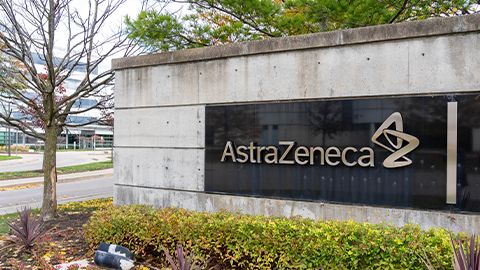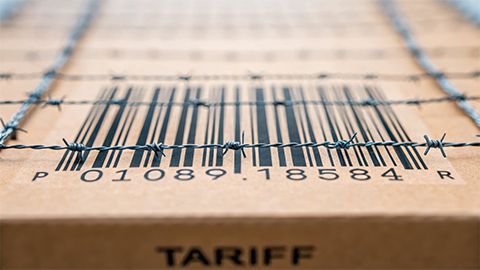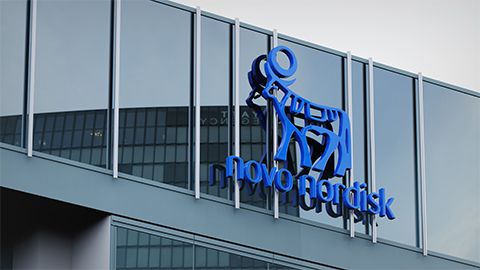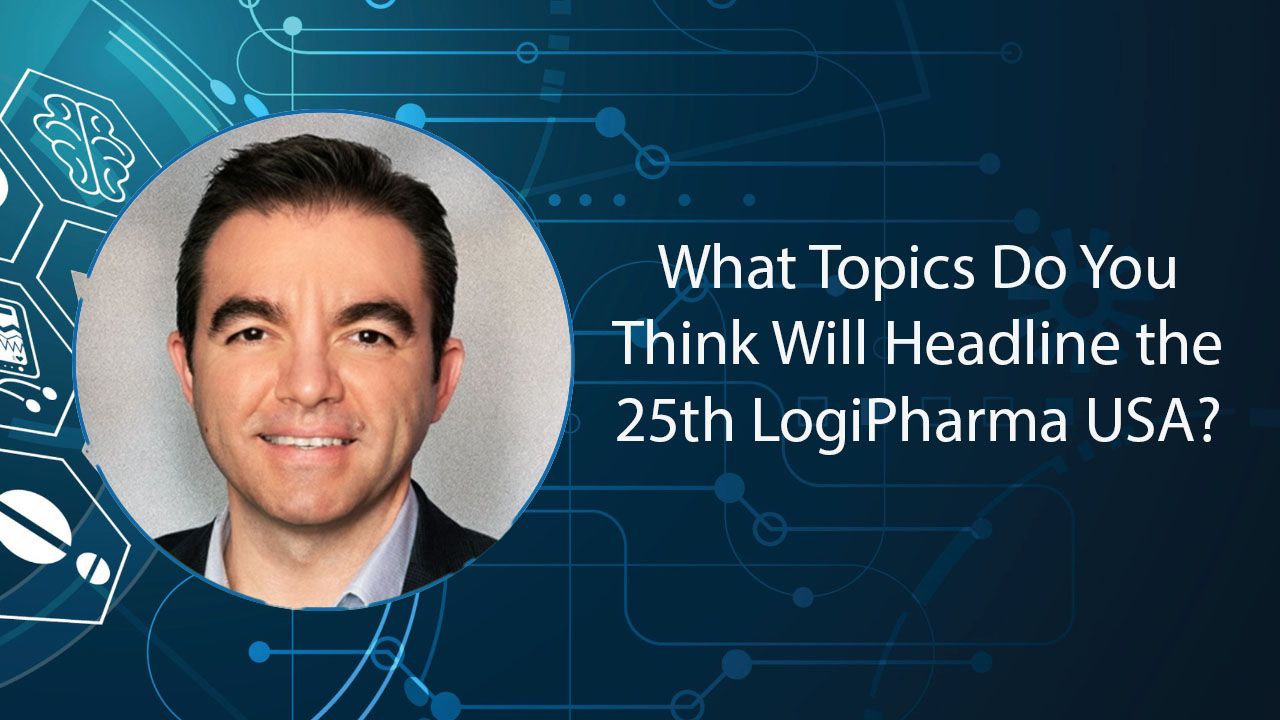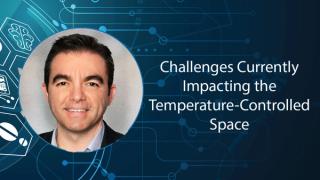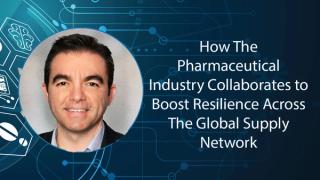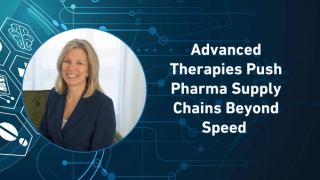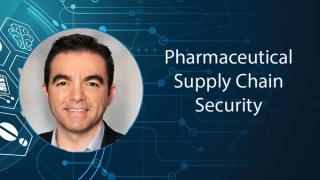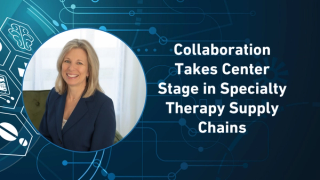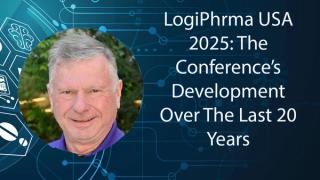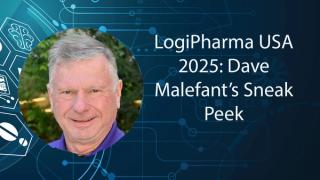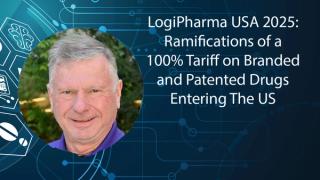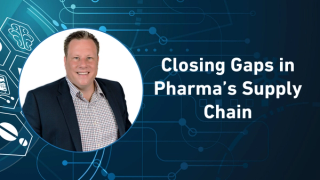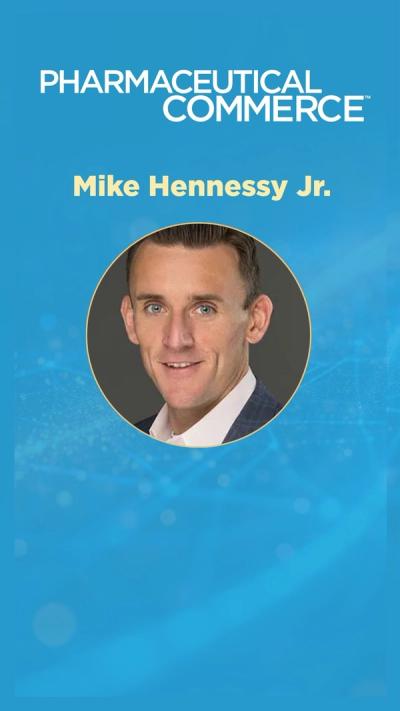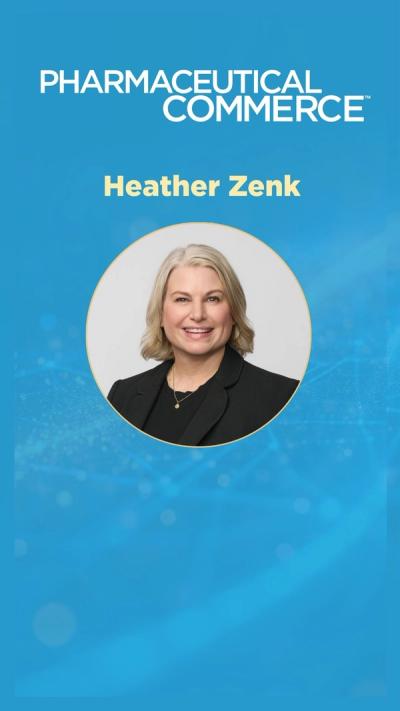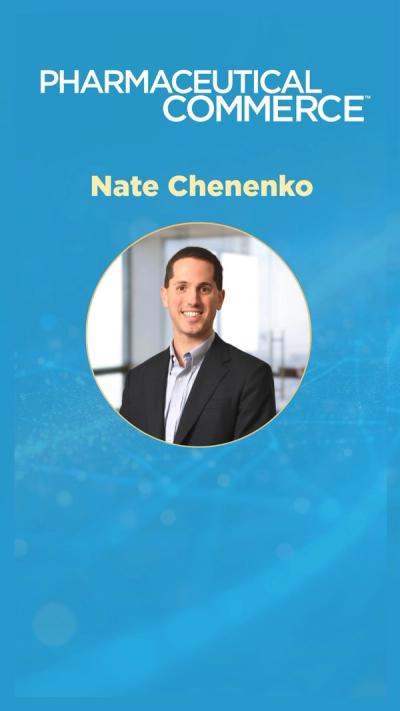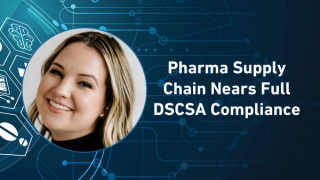
Supply Chain
Latest News
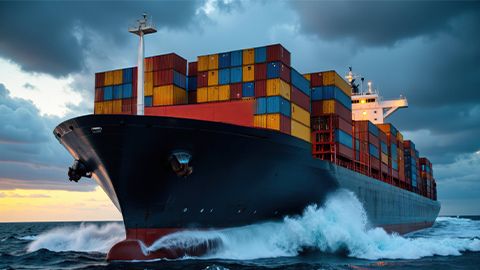
Latest Videos

Shorts
Podcasts
More News

The global generics maker’s new Florida site will produce more than 25 critical respiratory medicines, create over 200 jobs, and reinforce domestic manufacturing and drug security.
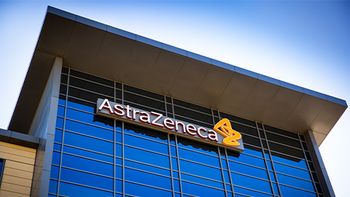
The new Albemarle County site—reportedly the largest investment in AstraZeneca’s history—will focus on API and ADC production, create 3,600 jobs, while strengthening US pharma supply chain resilience.

The appellate court upheld Medicare’s authority to negotiate lower drug prices under the Inflation Reduction Act, following similar rulings against AstraZeneca, Bristol Myers Squibb, and Novartis.

The addition of Evo’s cryogenic shipping and tracking technology enhances Peli BioThermal’s reach across the pharma value chain, driving innovation and integration in temperature-controlled logistics while supporting these therapies.
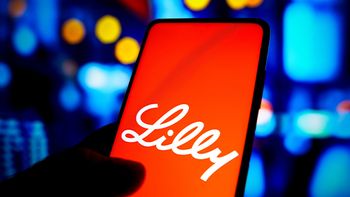
The investment will establish a new hub overseeing contract manufacturing across India and expand Lilly’s global supply of medicines for Alzheimer’s, diabetes, obesity, and cancer, amid shifting US trade and tariff policies.

Advice for pharma distributors and dispensers on what they should do now in order to solidify a secure supply chain.
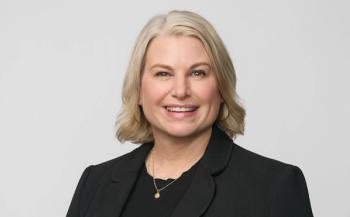
Cencora executive Heather Zenk discusses how innovations in cold chain, data visibility, and sustainability strategies are transforming the drug delivery process.
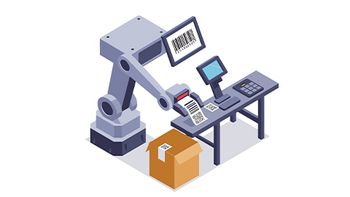
A new report underscores how 2D barcodes and automated data capture powered by GS1 standards can help logistics and life sciences companies overcome outdated systems, labeling issues, and visibility gaps.
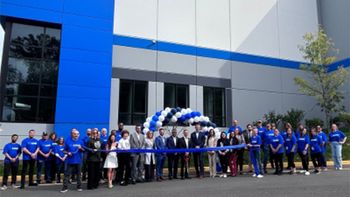
The new 5-million-cubic-foot biorepository enhances cold chain logistics, expands biopharma storage capacity, and strengthens New Jersey’s position as a life sciences hub.
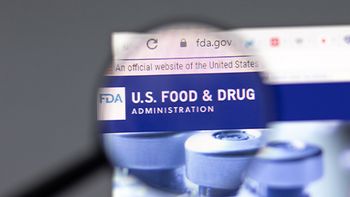
Following Congress’ failure to pass funding measures, FDA announced it will continue only essential public health and safety functions. This amid a pause on imposing 100% tariff rates.
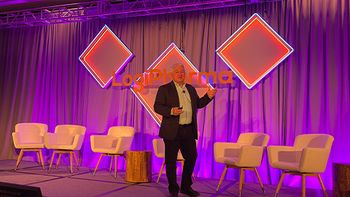
Bayer’s Luiz Barberini highlights how artificial intelligence is transforming supply chain operations, while emphasizing the irreplaceable value of trust, transparency, and human relationships.
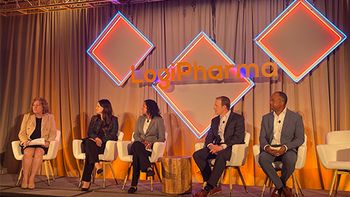
Supply chain leaders share strategies to address persistent drug shortages, highlighting vulnerabilities, manufacturing complexities, and the importance of cross-industry collaboration.
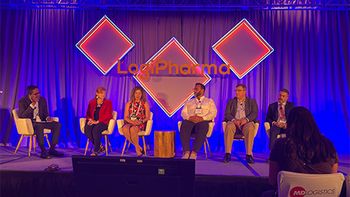
At the conference’s milestone 20th anniversary event in Boston, experts unpacked the final stages of DSCSA implementation, highlighting pharmacy compliance challenges, state-level variability, and the role of technology in securing the pharmaceutical supply chain.

Beginning Oct. 1, the US will impose a 100% tariff on branded and patented pharmaceutical imports unless manufacturers are actively building domestic production facilities, a move aimed at reshoring drug manufacturing.
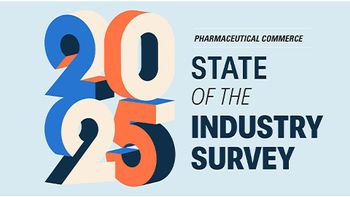
Capturing insights from executives and industry experts on the biggest challenges shaping pharma today, from drug pricing pressures and access barriers to supply chain shifts, digital adoption, and evolving patient-centered care strategies.

This episode of Pharma Pulse covers the CDC’s unanimous vote to broaden COVID-19 vaccine recommendations for all adults, new data showing the Medicare Part D Senior Savings Model lowers insulin costs and improves care, and Eli Lilly’s investment in a new Houston manufacturing facility to support its fast-growing pipeline.

Ullrich Mayeski, community engagement director of health with GS1 US, outlines how manufacturers, distributors, and dispensers can strengthen end-to-end traceability.
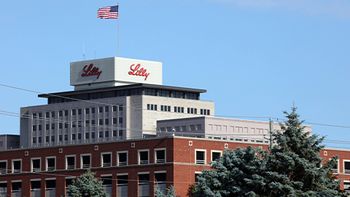
The Generation Park site will create over 600 permanent jobs, support advanced small molecule production, and play a role in scaling orforglipron, Lilly’s first oral GLP-1 receptor agonist for obesity.

This episode of Pharma Pulse covers the FDA’s review of a possible link between prenatal acetaminophen use and autism, GSK’s supplemental new drug application to update leucovorin labeling, and Celltrion’s acquisition of an Eli Lilly production facility to expand biologics manufacturing capacity.
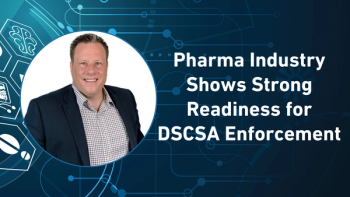
Ullrich Mayeski, community engagement director of health with GS1 US, explains how with over a decade of collaboration, manufacturers and distributors are largely prepared for DSCSA compliance. The remaining challenge lies in ensuring consistent readiness across dispensers, while maintaining open communication throughout the supply chain.
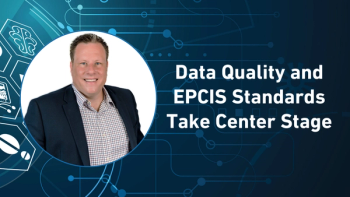
Ullrich Mayeski, community engagement director of health with GS1 US, describes the organization’s EPCIS standard for meeting DSCSA requirements while underscoring that true supply chain success depends on robust data quality practices, clear procedures, and cross-team accountability to ensure patients receive their medications without disruption.

This episode of Pharma Pulse covers the CDC’s decision to postpone changes to Hepatitis B vaccine guidance, new research showing value-based care improves visit frequency and consistency for seniors, and Takeda’s partnership with VELA to launch wind-powered transport for medicines.

Takeda will be shipping treatments between Europe and the US using VELA’s sailing cargo trimaran, potentially reducing greenhouse gas emissions by up to 99% when compared with air freight.

Industry leaders—from manufacturers, distributors, and dispensers—reported increased preparedness for compliance, with discussions shifting toward exception management, governance, and enforcement readiness, note Ullrich Mayeski of GS1 US and Mark Karhoff of Ten Count Consulting.

New bipartisan legislation would give the FDA authority to modernize prescribing information, reducing waste while improving accuracy and patient care.

